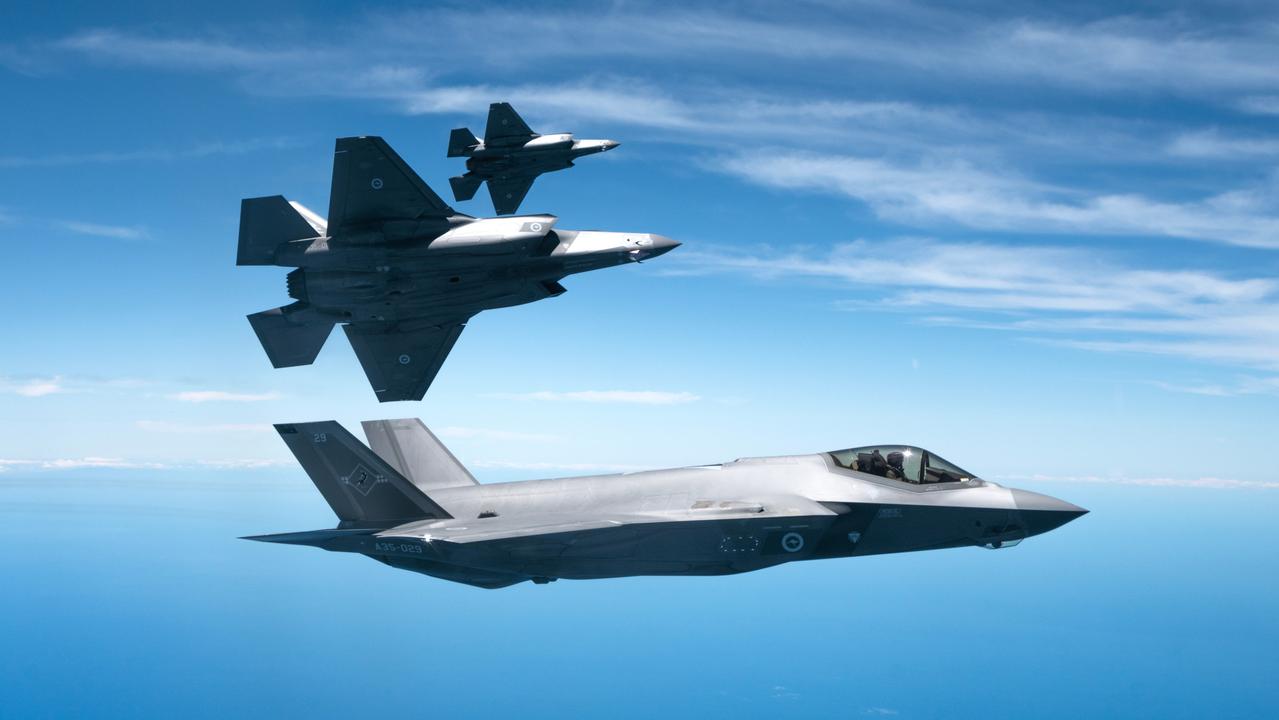Industry forging ahead with Quantum PNT work
Drawing on Australia’s strong reputation in quantum technologies, scientists at DSTG, in partnership with universities and industry, are forging ahead with quantum positioning, navigation and timing (PNT) research.

Drawing on Australia’s strong reputation in quantum technologies, scientists at Defence Science and Technology Group (DSTG) in partnership with universities and industry, are forging ahead with quantum positioning, navigation and timing (PNT) research.
“Traditional inertial navigation (which uses accelerometers and gyroscopes), has this issue of small errors which can become large cumulative errors over time, which you periodically need to correct with something like GPS,” explains Dr Scott Foster, the Science, Technology and Research Shot (STaRshot) lead for Quantum-Assured PNT at DSTG.
“But there is no GPS under the sea. So, for example, we are investigating quantum technologies that can make navigation significantly more accurate, such as cold atom inertial sensors, which are cooled to micro-Kelvin temperatures and measure acceleration and gravity more precisely. There is a lot of research activity going on in this area.”
This comes after a highly successful trial of quantum clocks at the last Rim of the Pacific (RIMPAC) allied naval exercises in 2022, which saw multiple Australian devices miniaturised and deployed on Royal Australian Navy vessels and tested alongside similar technologies from Five Eyes partners.
“Quantum clocks tick at a highly precise rate, and precision timing is really critical in defence applications,” Dr Foster says.
“Typically, you will find these large and exquisite devices only in standards laboratories, but we were able to verify that our miniaturised clocks exceeded our performance expectations on the naval vessels over a period of weeks.
“The holy grail is further miniaturisation of quantum clocks without a loss of performance, all the way down to chip scale.
Beyond submarines, access to GPS during conflict could be compromised by anti-satellite missiles or spoofing, where malicious actors transmit false information to disrupt military activities. There are also threats to GPS from environmental events such as solar flares, and the resilience of the civilian population should they no longer have access to the ubiquitous technology.
“We have become so reliant on GPS in our day-to-day lives. At least a whole generation now has never had the experience of driving a car and navigating with a printed map open on the passenger seat,” Dr Foster says.
“Quantum PNT will clearly have a valuable role to play.”



